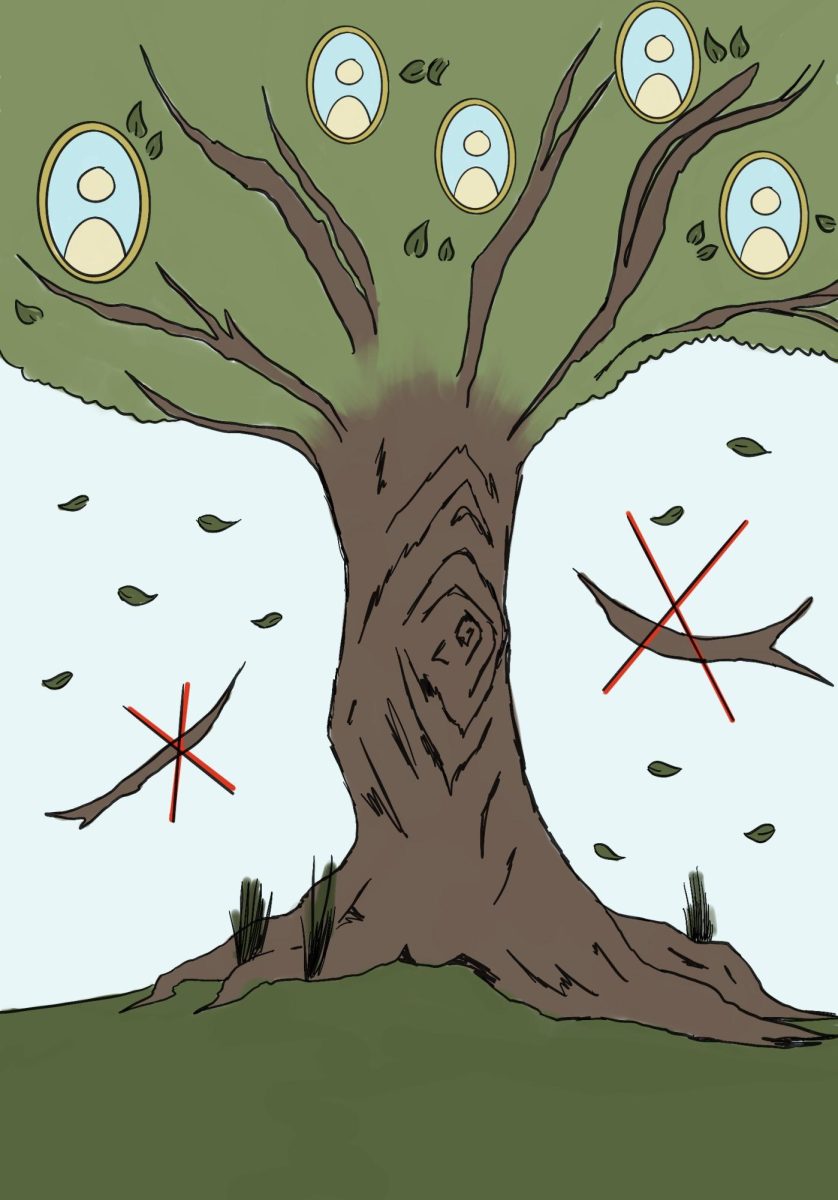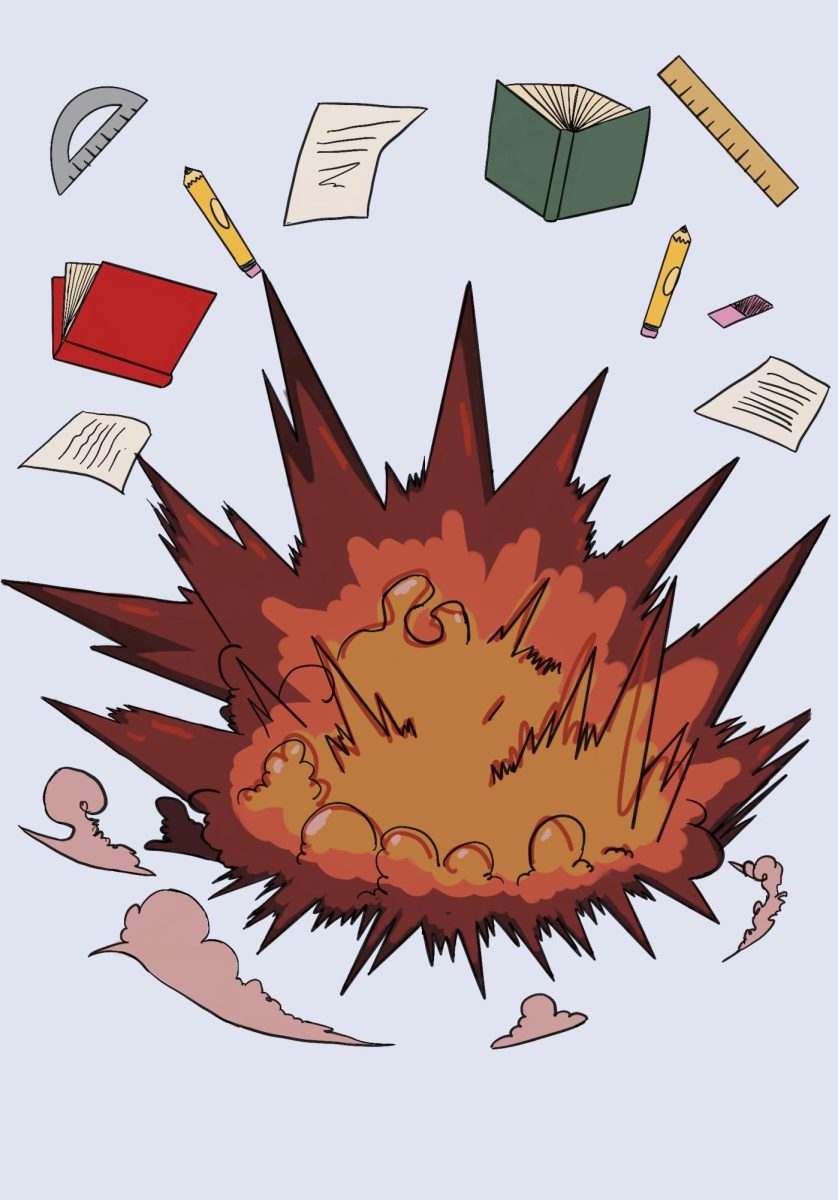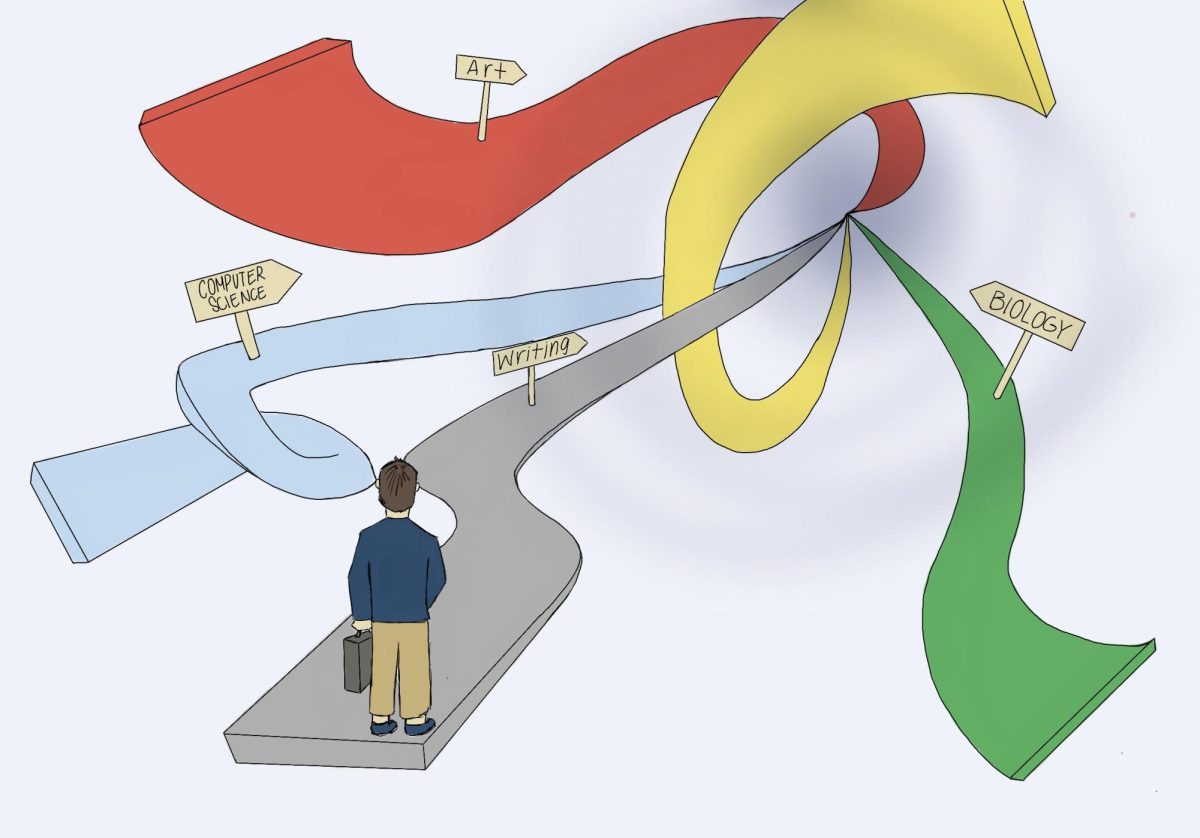It is no secret that DV has a distinct “bs” culture. Essentially, a lot of homework is done carelessly; in particular, when assignments are graded for completion, thoughts of taking time to think about answers go out the window. Many students end up copying an answer key or paraphrasing a short sentence in the text. As the year goes on and students recognize which assignments teachers grade closely and which ones they don’t, effort put into the latter tends to go down.
People say off-handedly, “Oh, I’ll just bs that one” or “LOL, I did that in five minutes.” This only further encourages the problem—one might feel that they aren’t being as efficient or are wasting time if they’re not completing assignments quickly like others, even though this isn’t the case. Today, this “bs” culture is rampant at DV, and it’s a problem.
Shoddy work may get that sweet completion grade, but it reflects poorly in other ways. Getting in the habit of doing poor work can lead to an inability to focus and put in effort when it’s needed, such as on assessments. Additionally, it takes away from chances to reflect on what you understand and don’t understand. It’s far less anxiety-inducing to figure out what we need help with when doing homework than in the middle of a test.
The most obvious purpose of homework is to help students practice the content of the specific class in which that work was assigned. This is a relatively short-term benefit: for instance, completing assignments about a book in English class can help you with an assessment about that book later. You won’t have to study as much to do as well because some of your studying was front-loaded in the effort you put into completing those assignments.
Doing homework often feels like a waste of time, but you’re really just replacing the time you spend studying right before exams with time spent on homework. According to the University of Iowa, doing spaced practice (spacing out your studying over time, which is the basic point of homework) results in better performance than massed practice (cramming before a test), so it’s a more effective use of your time anyway.
However, there are some long-term benefits to putting effort into homework in the form of developing general skills that not only stick with you but are also applicable to many lines of work.
Now, will you remember that book in a few years’ time? Maybe some of it, just from the time you took engaging with the material. On a significant level, probably not. This is where the short-term label comes from; it’ll help you get the grade with less cramming (and thus less suffering), but won’t cement “Lord of the Flies” in your brain forever.
However, there are some long-term benefits to putting effort into homework in the form of developing general skills that not only stick with you but are also applicable to many lines of work.
These benefits are not clear at the moment—if we’re analyzing Romeo and Juliet’s tragic downfall and we’ll never need to know what exactly doomed them past the current unit in English, what’s the point? This is another aspect of the “time waste” that homework often feels like.
But writing an essay about who the villain was in “Romeo and Juliet” (a prompt I got in freshman year), believe it or not, is not just about the play. As the University of Wolverhampton mentions, many paths you take will involve writing expected to be at a sophisticated level—not just PhD theses, but also business proposals, research papers, and technical specifications. Academic writing in school aids greatly in getting your writing to this level. Referencing the drawn-out English example again, even just reading “Romeo and Juliet” can develop skills to help you decipher similarly complicated language, like technical jargon.
These skills develop over a long period of time—thus the “long-term” descriptor. As such, in the moment, homework feels quite useless, but on a macroscopic scale, the brainpower put in to completing each assignment builds up.
What really creates the DV “bs” culture is not simply this act, but also the fact that we generally accept it and are even sometimes proud of it. However, “bs”-ing only hurts us in the end, and we should work to change this culture.







